-
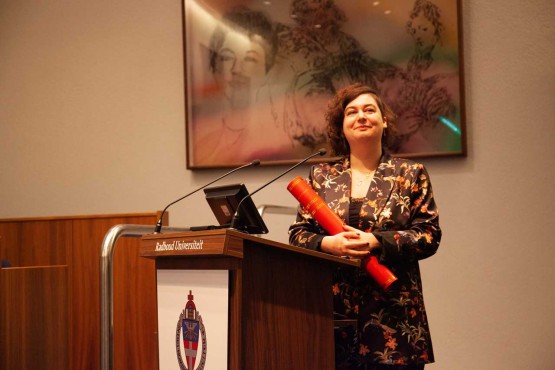
Quest Complete: Joanneke Weerdmeester successfully defended her doctoral thesis!
Joanneke Weerdmeester - 08-12-2021On November 21st, 2021 GEMH Lab's own Joanneke publicly defended her thesis entitled: "Take a DEEP Breath: Exploring the Potential of Game-based Biofeedback Interventions for Anxiety Regulation". In this blog you can find a link to her doctoral thesis as well as a link to the recorded livestream of the defense.
-
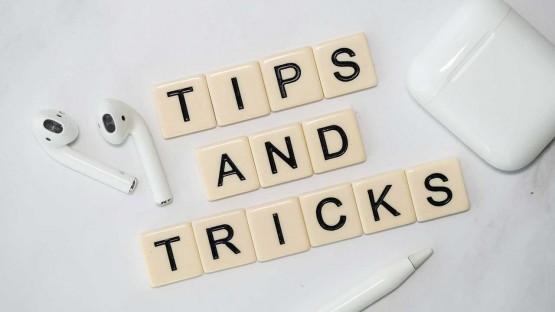
Happy 2021! Tips for a fresh, productive start!
Nastasia Griffioen - 11-01-2021It's been a hell of a year, that old 2020. But now, we're starting a new one, and a new decade at that! Time for a fresh start. Here are some personal tips given by our GEMH Lab team members!
-
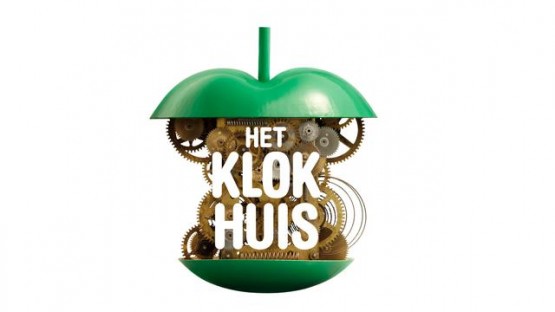
DEEP research nominated for the Klokhuis Science Prize 2020 - VOTE NOW!
Joanneke Weerdmeester - 16-10-2020Our research on the efficacy of the game DEEP has been nominated for the Klokhuis Science prize 2020! Klokhuis is a well-known educational TV show for children in the Netherlands and the winner will be featured in one of their episodes. Votes are open until November 13th. Please vote for us!
-
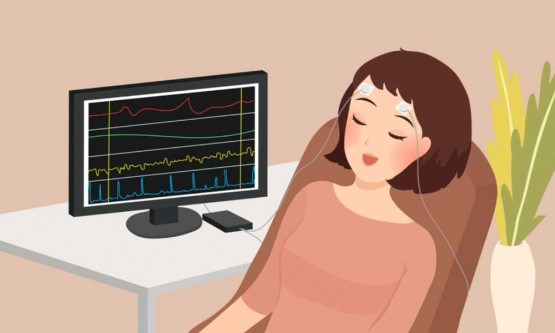
New paper: Theoretical Model and Suggestions for a New Phase of Biofeedback Research and Implementation
Joanneke Weerdmeester - 04-09-2020Our new open access viewpoint paper "An Integrative Model for the Effectiveness of Biofeedback Interventions for Anxiety Regulation" is online! With this paper we aimed to encourage a new phase of biofeedback research and implementation
-
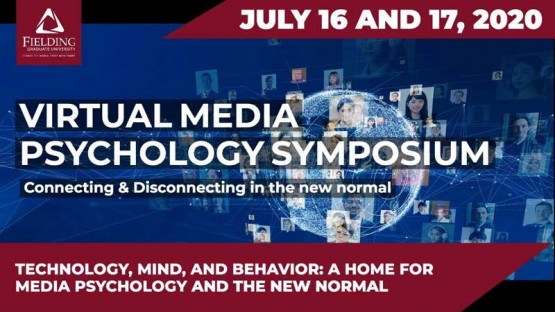
New APA journal: Technology, Mind and Behavior
Nastasia Griffioen - 22-07-2020Last week, our very own Isabel was part of a panel that discussed a new APA journal: Technology, Mind, and Behavior (TMB). Together with Nick Bowman, Shawn Green and Danielle McNamara, Isabel discussed why this new journal was a much needed addition to the media psychology landscape.
-
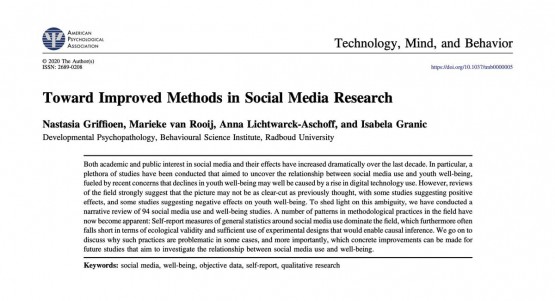
New paper out! Here's how we can improve social media and wellbeing research!
Nastasia Griffioen - 24-06-2020Yay! I'm happy to announce that our latest has been officially published in the new APA journal Technology, Mind and Behavior!
-

WSJ feature: Potential of Game-based Biofeedback Interventions
Joanneke Weerdmeester - 19-06-2020On June 8th our research with DEEP was featured in a great article in the Wallstreet Journal which discussed the promise of combining wearable biosensors with virtual reality and game design to create a new wave of more engaging and potentially more affordable and accessible forms of biofeedback training. In this blog we shortly outline our research with DEEP as well as other biofeedback video games.
-
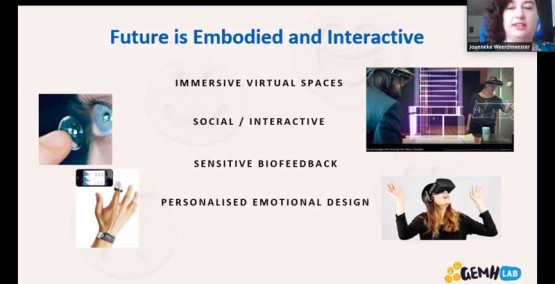
Talk: Exploring the Potential of Biofeedback-based VR Interventions for Anxiety Regulation - Immerse UK
Joanneke Weerdmeester - 20-05-2020As part of Immerse UK's series of webinars, Joanneke Weerdmeester discusses how biofeedback and VR can be a valuable tool for anxiety management and underlines the importance of cross-disciplinary collaboration between arts and science. She also shares some important theoretical and practical considerations for using and designing game-based biofeedback interventions.
-
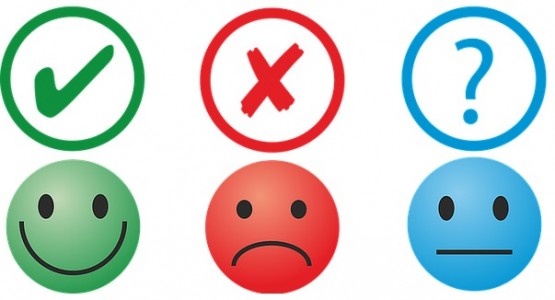
Placebo Roundup and Discussion
Aniek Wols - 28-06-2018This month’s theme is about placebo effects. Because the month is almost over, I would like to end the theme month with a discussion. Before I do so, I will briefly recap our previous blog posts.
-
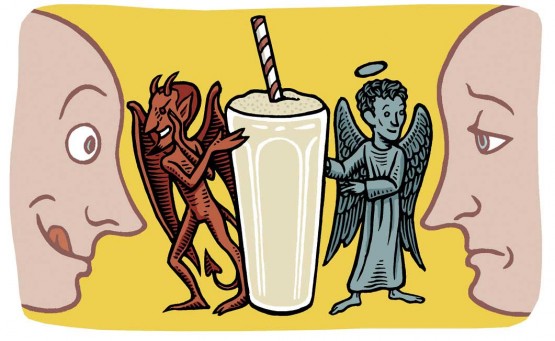
The placebo effect and our physiology
Aniek Wols - 15-06-2018Expectations and beliefs not only have an influence on self-reported improvements, but they also influence our physiology.
